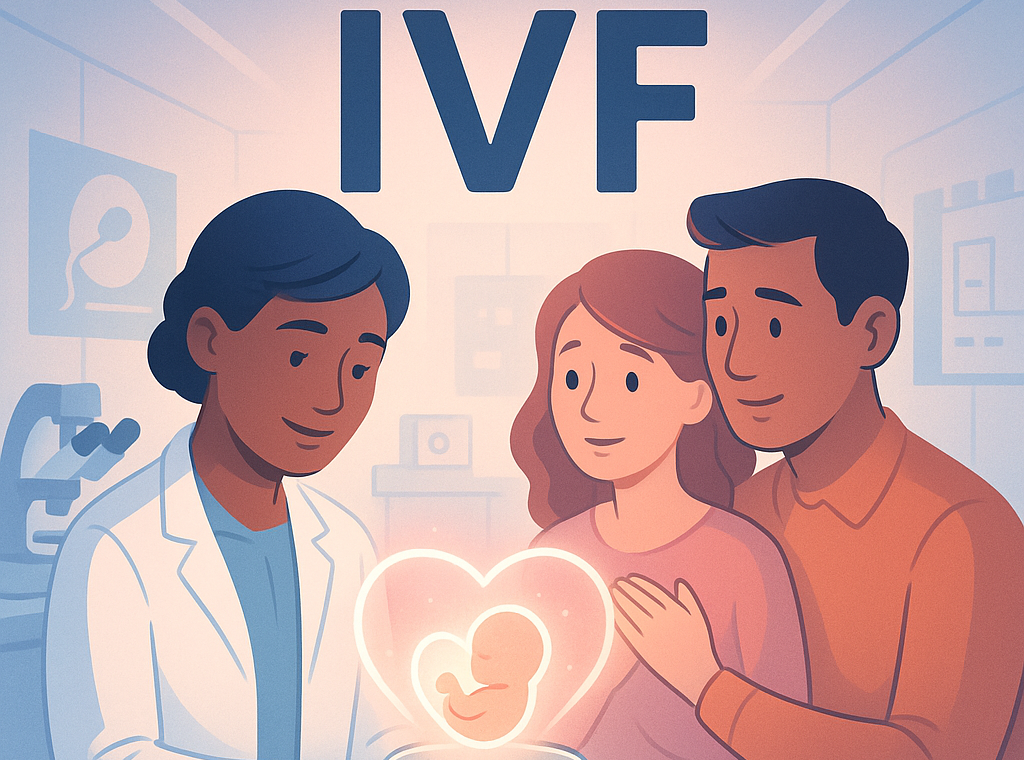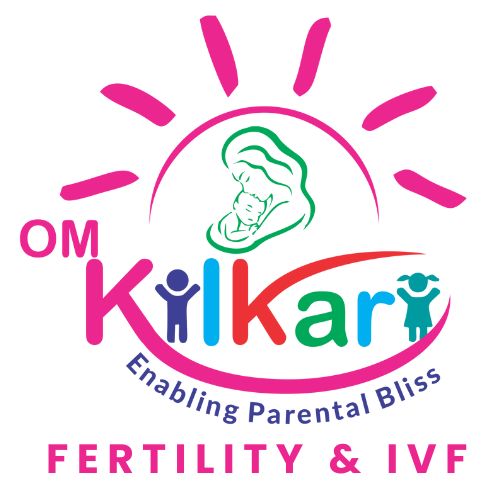
Infertility affects millions of couples worldwide, and In Vitro Fertilisation (IVF) has become a groundbreaking solution for those struggling to conceive. While IVF offers hope, it also comes with challenges. In this blog, we’ll explore the advantages and disadvantages of IVF to help you make an informed decision.
Advantages of IVF
1. Helps Overcome Infertility
IVF is one of the most effective assisted reproductive technologies (ART) for couples facing infertility due to:
- Blocked fallopian tubes
- Low sperm count or motility
- Endometriosis
- Unexplained infertility
2. Higher Success Rates
With advancements in reproductive medicine, IVF success rates have improved significantly, especially for women under 35. Techniques like ICSI (Intracytoplasmic Sperm Injection) and PGT (Preimplantation Genetic Testing) further increase the chances of a healthy pregnancy.
3. Option for Same-Sex Couples and Single Parents
IVF, along with donor eggs or sperm, allows same-sex couples and single individuals to experience parenthood. Surrogacy is also an option for those unable to carry a pregnancy.
4. Genetic Screening for Healthy Babies
Through PGD (Preimplantation Genetic Diagnosis), doctors can screen embryos for genetic disorders (like cystic fibrosis or Down syndrome) before implantation, reducing the risk of inherited diseases.
5. Flexibility in Timing
IVF allows egg or embryo freezing, enabling women to delay pregnancy for career or personal reasons while preserving fertility.
Disadvantages of IVF
1. High Cost
IVF is expensive, with costs varying by country and clinic. Multiple cycles may be needed, making it financially burdensome for many couples.
2. Emotional and Physical Stress
The IVF process involves:
- Hormonal injections (which can cause mood swings and discomfort)
- Frequent clinic visits
- The emotional toll of failed cycles
3. Risk of Multiple Pregnancies
To improve success rates, multiple embryos may be transferred, increasing the chance of twins or triplets, which can lead to high-risk pregnancies.
4. Potential Health Risks
- Ovarian Hyperstimulation Syndrome (OHSS) – A rare but serious condition caused by fertility drugs.
- Ectopic pregnancy – The embryo implants outside the uterus.
- Birth complications – Slightly higher risk of preterm birth or low birth weight.
5. Ethical and Religious Concerns
Some people oppose IVF due to:
- The creation and potential disposal of unused embryos
- Religious beliefs regarding artificial conception
Final Thoughts
IVF has revolutionized fertility treatments, offering hope to countless couples. However, it’s essential to weigh the pros and cons, consider financial and emotional factors, and consult a fertility specialist before proceeding.
If you’re considering IVF, research clinics, understand the process, and seek support to navigate this challenging yet rewarding journey.
